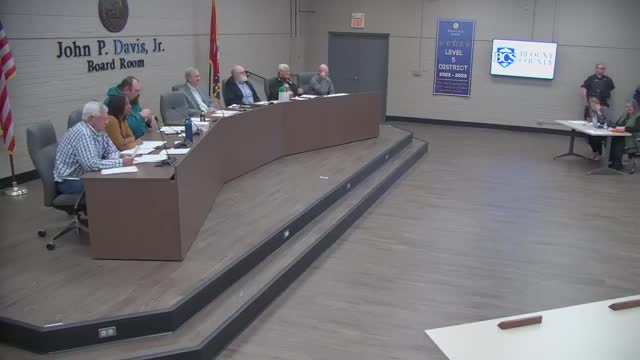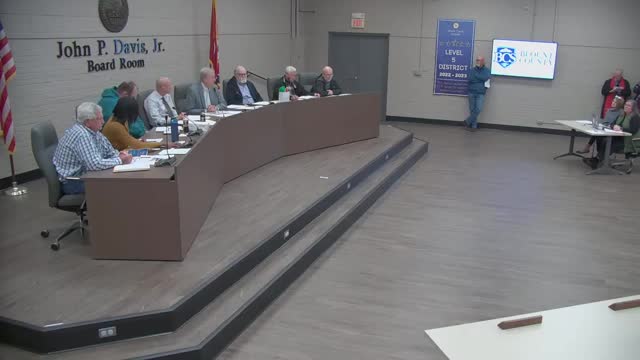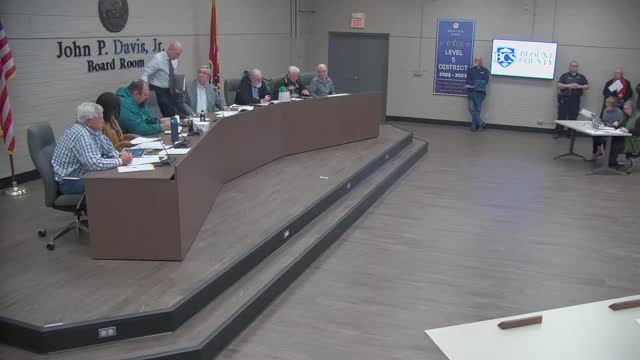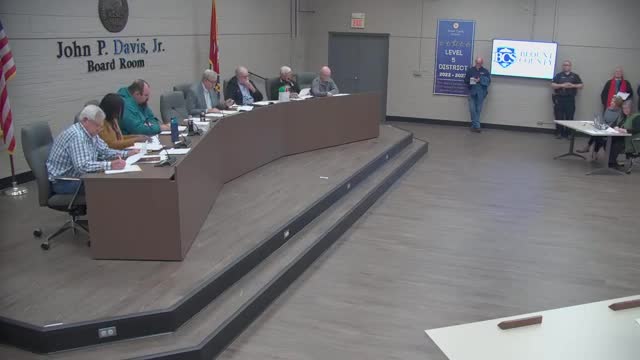Article not found
This article is no longer available. But don't worry—we've gathered other articles that discuss the same topic.

Blount County highlights new middle-school aerospace elective and inclusive athletics season

Board earmarks roughly $2.1 million surplus for teacher aides, intervention and graduation coaches; $5,000 allocated to each elementary school

Blount County Board adopts amended resolution opposing Education Freedom Scholarship Act

